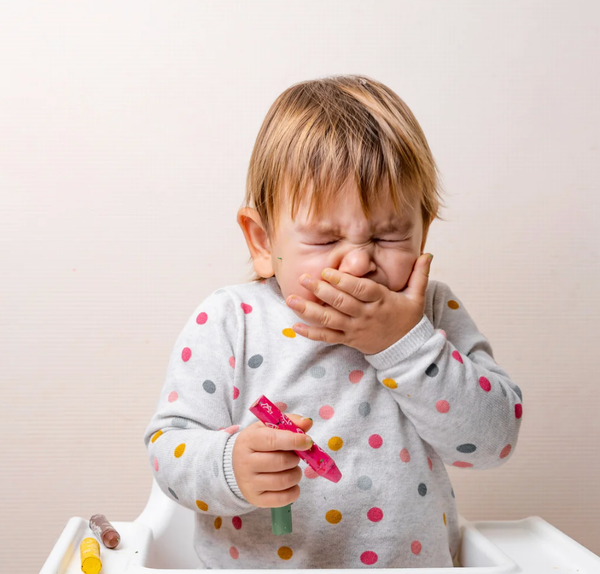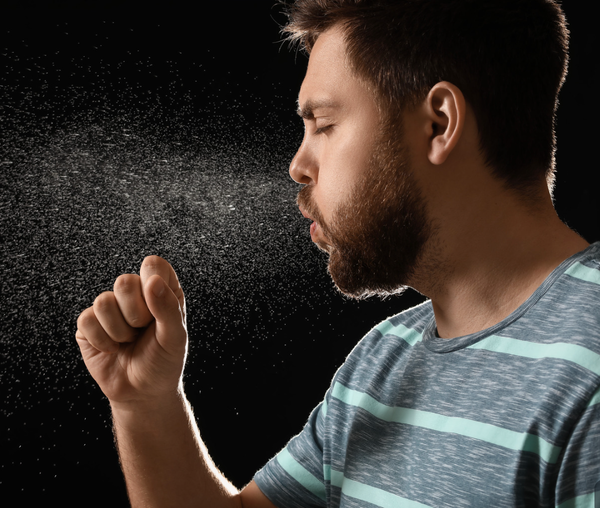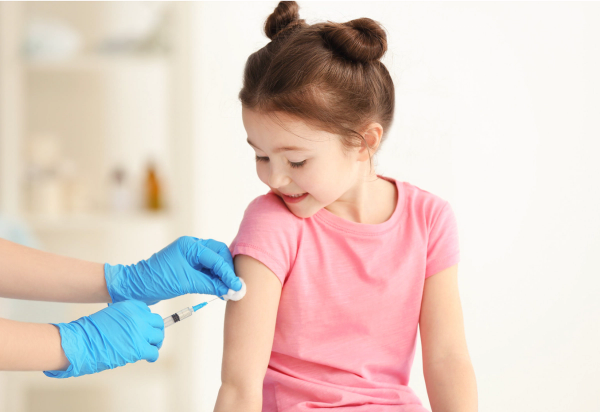Vaccine against Pertussis
Everything you need to know about whooping cough and vaccination at Dr. Dropin
Whooping cough is a highly contagious respiratory infection that can lead to serious complications, especially in infants, the elderly and people with weakened immune systems. The disease is caused by the bacterium Bordetella pertussis and can lead to severe, persistent coughing fits.
Through our self-service form, you can get a prescription for the pertussis vaccine: answer a few medical questions and the doctor will review your answers within 15 minutes. You will then receive an SMS with information on where you can get the vaccine.
Order prescription





